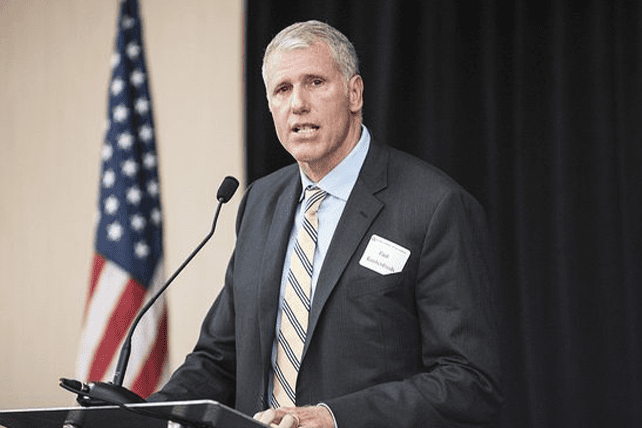How does the Interfaith Alliance gain traction on this issue?
People are recognizing that the Supreme Court’s agenda is informed by a religious perspective that is alienating to the majority of Americans. What we’re seeing is the effort of a minority — white Christians — attempting to exert undue influence on the majority of Americans. People are aware of that. If you look at religious communities, almost everyone views pluralism and multi-faiths as a positive. That’s what we’re going to be putting out there. We’ll be good partners and we’ll invite others to partner with us.
Do you have any particular partners in mind?
I want to work with various religious traditions, but I’m also interested in some unlikely alliances. What do people doing legal work, like Democracy Forward, have to say about this? What does it mean to partner with organizations, like PEN America, that are involved in freedom of speech and freedom of expression?
You’re starting your new job in September. What are your immediate plans?
We’re going to see a lot more mobilization. We will be appropriately involved in the midterm elections and working hard around preservation of democracy and voting rights, viewing that as an important component of freedom of conscience. I want to widen the base. I want people to feel that the Interfaith Alliance can be a great partner, even if you’re not a religious organization.
This article originally appeared here.

